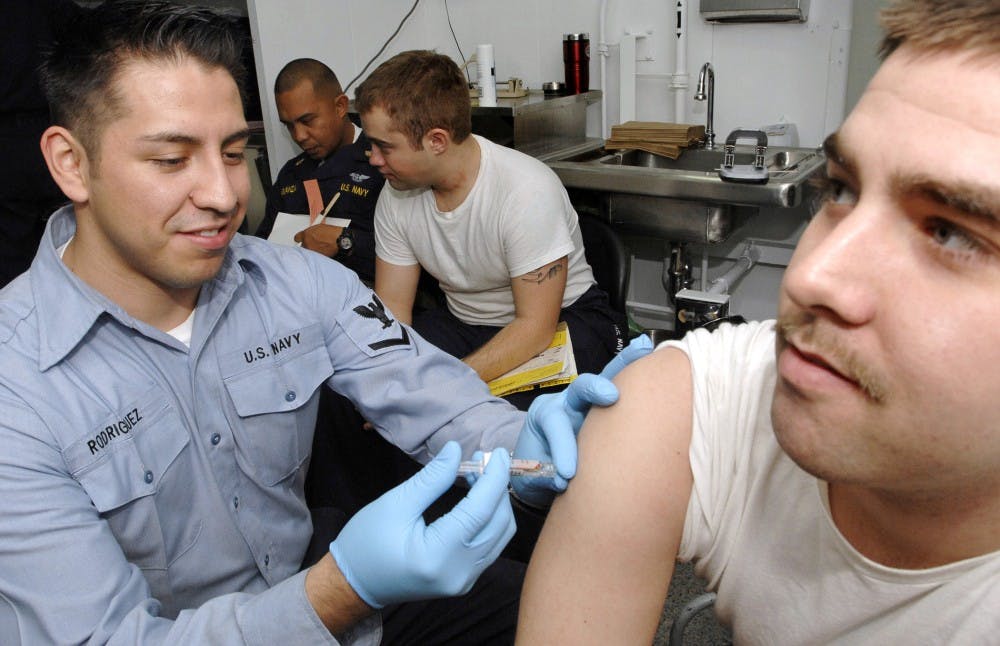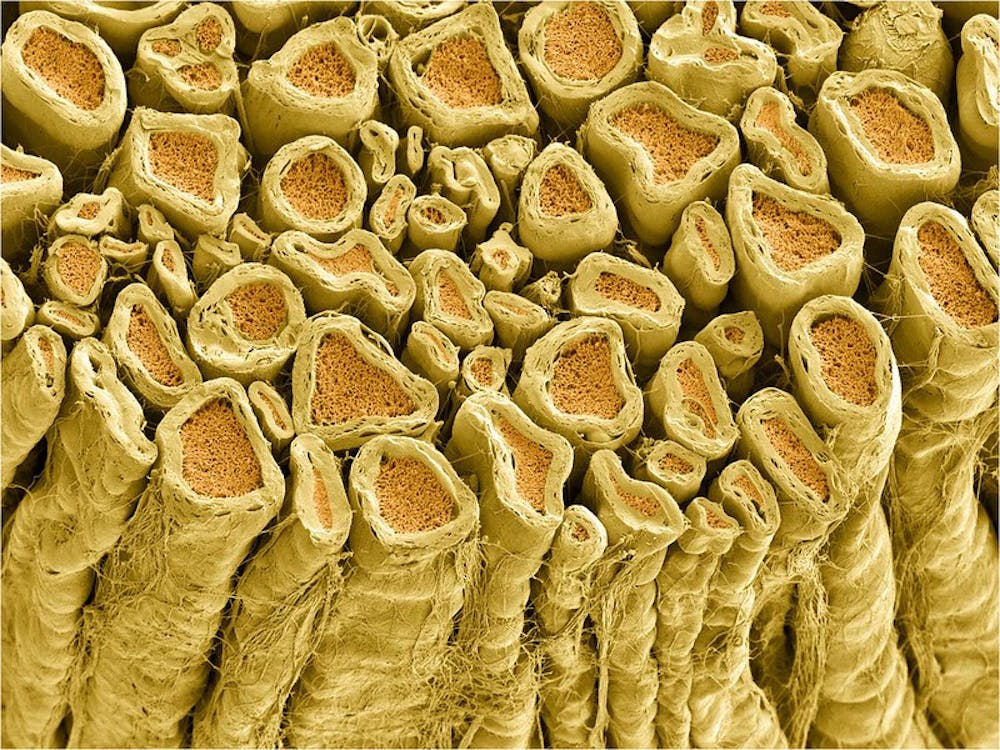Some of them did it for science, others out of curiosity. Some had altruistic motives, others just had plans for the $4,000 they would be receiving after the study.
All were participants in a clinical trial that involved drinking a dose of live typhoid bacteria handed over by nurses fully outfitted in splash-proof plastic aprons, gloves and face shields.
The study, conducted in Oxford, England, drew over 100 participants.
The purpose was to test the effectiveness of a new experimental typhoid vaccine. The results of the experiment were a success.
Researchers found the vaccine to be 87 percent effectiveness. This vaccine is the only vaccine currently safe to administer to infants, and it is already seeing widespread use in India.
The type of trial used is known as a “challenge test.” It served as a quick way to confirm the vaccine’s effectiveness.
According to Dr. Anita Zaidi, director of enteric and diarrheal diseases for the Bill & Melinda Gates Foundation, by deliberately infecting participants with typhoid, it eliminated the necessity of waiting for subjects to contract the disease naturally.
“If we’d done this in the field, we would have had to follow children for three or four years,” Zaidi said, according to the New York Times.
For the participants, the study was not as dangerous as it sounds, since typhoid fever is now treatable with a variety of antibiotics, from ciprofloxacin to azithromycin.
Applicants to the study were also carefully screened, a process which involved undergoing ultrasounds to ensure that they had no gallstones, which can harbor the typhoid bacteria for decades.
Despite the heavy preparations and treatability of the disease, the trial still had the potential to be unpleasant.
Some participants received a placebo, usually another type of vaccine such as meningitis, since administering entirely functionless placebos is now a discouraged practice.
According to the New York Times, of those who were given the placebo vaccine, each had a slightly different experience, from intense flu-like symptoms — fevers, joint pain, headaches, nausea — to no symptoms at all, as in the case of 24-year-old graduate student Nick Crang who discovered he had a natural immunity to typhoid.
“I’m the lab rat who’s screwing with the figures,” Crang said to the New York Times.
Aside from the unique immunity, many of the participants were similar to Crang in profile: young, well-educated, with a background in the health sciences. Their reasons for doing the trial, however, varied.
Typhoid fever is caused by the bacteria Salmonella typhi and spreads through contaminated food and water.
Its symptoms can include fever, loss of appetite, constipation and a rose-colored rash. If left untreated, symptoms can persist for almost a month and there is a 12-30 percent mortality rate.
Sanitation infrastructure, vaccination and antibiotics have made the disease uncommon in industrialized countries, like the U.S (there are fewer than 6,000 cases per year, 75 percent of which are acquired during international travel).
However, typhoid fever remains a menace in developing nations, annually killing almost 220,000 people worldwide.
The vaccine the participants were testing, as a result, has the ability to have a significant positive impact, especially since it can be cheaply manufactured.
The coordinator of the clinical trial, the Oxford Vaccine Group, as well as the sponsor of the project, the Bill & Melinda Gates Foundation, both hope that the World Health Organization will endorse the vaccine soon.
















Please note All comments are eligible for publication in The News-Letter.